Discovering France’s Most Iconic Destinations: A Traveler’s Guide
France, a country synonymous with art, culture, gastronomy, and breathtaking landscapes, has long captivated travelers from around the world. From the romantic boulevards of Paris to the sun-kissed shores of the French Riviera, the country offers an unparalleled blend of history, beauty, and sophistication. Whether you're a first-time visitor or a seasoned Francophile, this guide will help you explore some of France’s most iconic places while offering practical tips to make your journey unforgettable.
Paris: The City of Light
No visit to France is complete without experiencing Paris. The capital city is home to some of the world’s most recognizable landmarks. The Eiffel Tower, an enduring symbol of France, offers stunning panoramic views of the city—especially at night when it sparkles for five minutes every hour. Nearby, the Champs-Élysées leads to the majestic Arc de Triomphe, another must-see monument.
Art enthusiasts will find paradise in the Louvre Museum, which houses masterpieces like the Mona Lisa and the Venus de Milo. For a more intimate artistic experience, the Musée d’Orsay boasts an impressive collection of Impressionist works. Meanwhile, the Gothic splendor of Notre-Dame Cathedral (currently under restoration after the 2019 fire) remains a powerful testament to Paris’s historical and architectural legacy.
Travel Tip: To avoid long queues at major attractions, book tickets online in advance. Consider purchasing a Paris Museum Pass for access to over 50 sites. Also, explore neighborhoods like Montmartre, Le Marais, and Saint-Germain-des-Prés on foot to discover charming cafés, boutiques, and hidden gems.
Versailles: The Epitome of Opulence
Just a short train ride from Paris lies the Palace of Versailles, a UNESCO World Heritage site that exemplifies the grandeur of the French monarchy. The palace’s Hall of Mirrors, Royal Apartments, and expansive gardens are awe-inspiring. The estate also includes the Grand Trianon and Marie Antoinette’s Hamlet, which offer a glimpse into the private lives of royalty.
Travel Tip: Arrive early to beat the crowds, and allocate at least half a day to explore the palace and gardens. Wear comfortable shoes, as the grounds are vast. Audio guides are highly recommended to fully appreciate the historical context.
Mont Saint-Michel: A Medieval Marvel
Rising from the tidal flats of Normandy, Mont Saint-Michel is one of France’s most dramatic and picturesque sites. This medieval abbey, perched on a rocky island, seems to float on water during high tide. The narrow cobbled streets, ancient buildings, and panoramic views from the top make it a unforgettable destination.
Travel Tip: Check the tidal schedule before visiting—seeing the island surrounded by water is a magical experience. Wear sturdy shoes for the steep climb to the abbey. Consider staying overnight on the island to enjoy the atmosphere after day-trippers have left.
The French Riviera: Glamour and Sunshine
The Côte d’Azur, or French Riviera, is famed for its glamorous resorts, azure waters, and vibrant culture. Nice, with its Promenade des Anglais and colorful Old Town, serves as a perfect base for exploring the region. Cannes, known for its international film festival, offers luxurious beaches and high-end shopping. Meanwhile, Monaco—a sovereign city-state—boasts the famous Monte Carlo Casino and the Prince’s Palace.
Travel Tip: Visit in the shoulder seasons (May-June or September-October) to avoid summer crowds and extreme heat. Public transportation along the coast is efficient, but renting a car allows you to discover charming hilltop villages like Èze and Saint-Paul-de-Vence.
Loire Valley: The Garden of France
The Loire Valley is renowned for its magnificent châteaux, lush vineyards, and rolling countryside. Château de Chambord, with its distinctive French Renaissance architecture, and Château de Chenonceau, which spans the River Cher, are among the most famous. The region is also a haven for wine lovers, offering excellent whites, reds, and rosés.
Travel Tip: Cycling is a popular way to explore the Loire Valley, with many bike rental shops and dedicated paths. Consider taking a guided wine tour to sample local varieties. The cities of Tours and Amboise make convenient bases for exploration.
Provence: Lavender Fields and Historic Towns
Provence enchants visitors with its picturesque landscapes, aromatic lavender fields, and historic towns. Avignon, home to the Palais des Papes (Papal Palace), echoes with medieval history. Aix-en-Provence charms with its elegant boulevards and fountains, while Arles inspired many of Vincent van Gogh’s masterpieces.
The region’s natural beauty is on full display in the Gorges du Verdon, often called Europe’s Grand Canyon, and the Luberon Valley, where hilltop villages like Gordes and Roussillon offer stunning views.
Travel Tip: The best time to see lavender in bloom is from late June to early August. Rent a car to explore the countryside at your own pace. Don’t miss the weekly markets for local produce, crafts, and Provençal fabrics.
The French Alps: Adventure and Serenity
For outdoor enthusiasts, the French Alps provide year-round adventure. In winter, world-class ski resorts like Chamonix and Courchevel attract skiers and snowboarders. In summer, the same mountains offer hiking, mountain biking, and paragliding opportunities. The town of Annecy, with its crystal-clear lake and charming canals, is often called the "Venice of the Alps."
Travel Tip: If skiing, book accommodations and lift passes well in advance, especially during peak season. Summer is ideal for hiking—the Tour du Mont Blanc is a classic multi-day trek. Always check weather conditions before embarking on outdoor activities.
Bordeaux: A Wine Lover’s Paradise
Bordeaux, a city synonymous with fine wine, boasts elegant 18th-century architecture and a vibrant cultural scene. The Cité du Vin museum offers an immersive journey into the world of wine, while the surrounding vineyards of Médoc, Saint-Émilion, and Pomerol invite visitors for tastings and tours.
Travel Tip: The Bordeaux Métropole City Pass provides access to public transport and major attractions. For wine tours, book with reputable agencies or contact vineyards directly for appointments. Pair your wine with local specialties like entrecôte à la bordelaise (steak with red wine sauce).
Strasbourg: Where France Meets Germany
Located near the German border, Strasbourg blends French and German influences in its architecture, cuisine, and culture. The Gothic cathedral, with its astronomical clock, is a masterpiece, and the picturesque La Petite France district features half-timbered houses and canals. The city is also the official seat of the European Parliament.
Travel Tip: Visit during the Christmas market season for a magical experience. Sample Alsatian specialties like choucroute (sauerkraut with sausages) and tarte flambée. Strasbourg is easily explored on foot or by bike.
Normandy: History and Natural Beauty
Normandy is known for its poignant World War II history, including the D-Day landing beaches and the American Cemetery at Omaha Beach. Beyond its historical significance, the region offers dramatic coastal scenery, such as the white cliffs of Étretat, and charming towns like Honfleur, with its picturesque harbor.
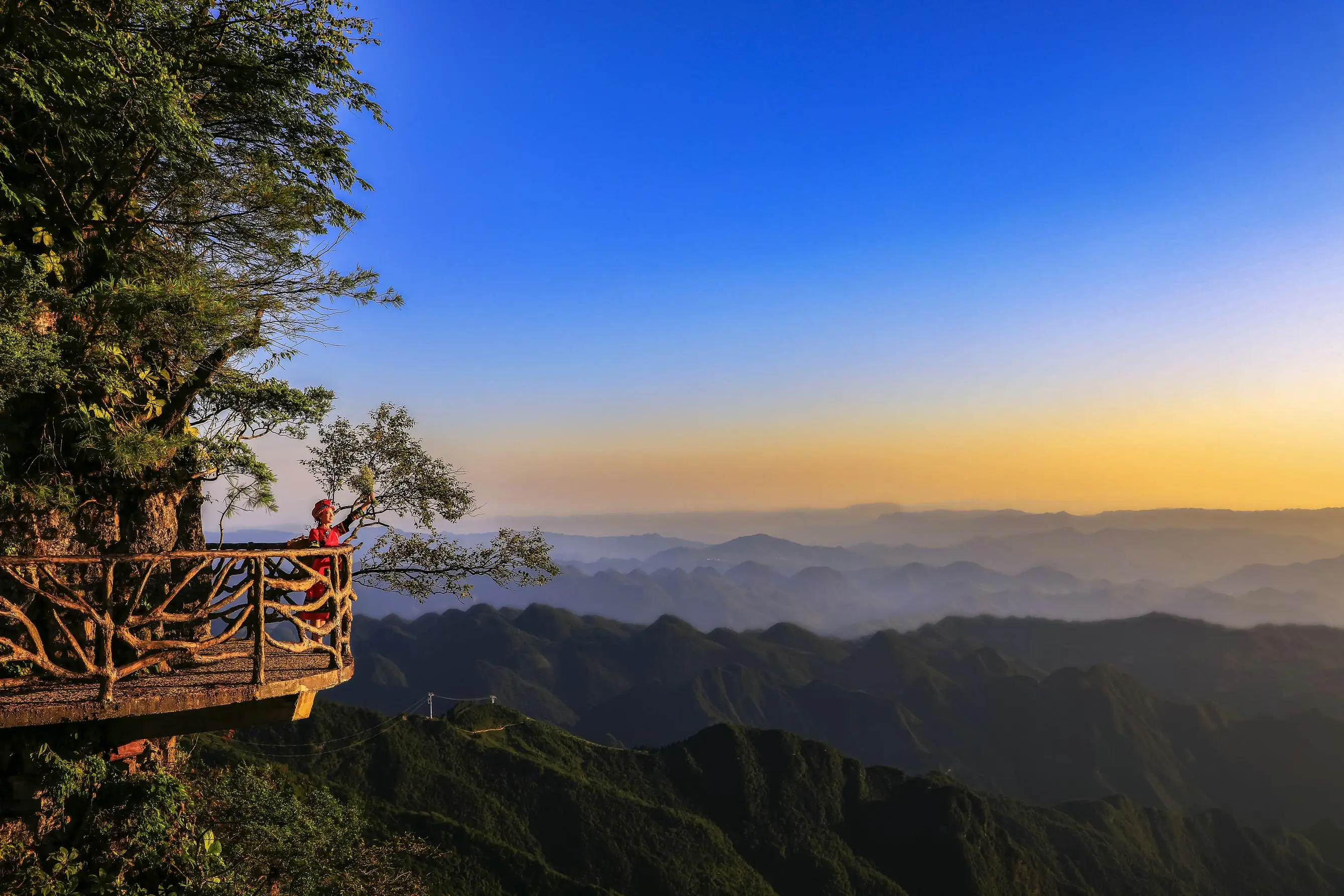
Travel Tip: Allow a full day to explore the D-Day sites—guided tours provide valuable historical insights. Try Norman cuisine, including camembert cheese, cider, and seafood.
General Travel Tips for France
- Language: While English is spoken in tourist areas, learning a few basic French phrases (e.g., bonjour, merci, s’il vous plaît) is appreciated.
- Transportation: France has an excellent rail system (SNCF). High-speed trains (TGVs) connect major cities efficiently. For rural areas, renting a car is often necessary.
- Dining: Meals are an important part of French culture. Lunch is typically served from 12 PM to 2 PM, and dinner from 7 PM onward. Look for fixed-price menus (menus du jour) for good value.
- Safety: France is generally safe, but beware of pickpockets in crowded areas. Keep valu secure and stay aware of your surroundings.
France’s diversity ensures that every traveler can find something to love. Whether you’re drawn to its artistic treasures, historic landmarks, or natural wonders, a trip to France promises memories that will last a lifetime. Bon voyage
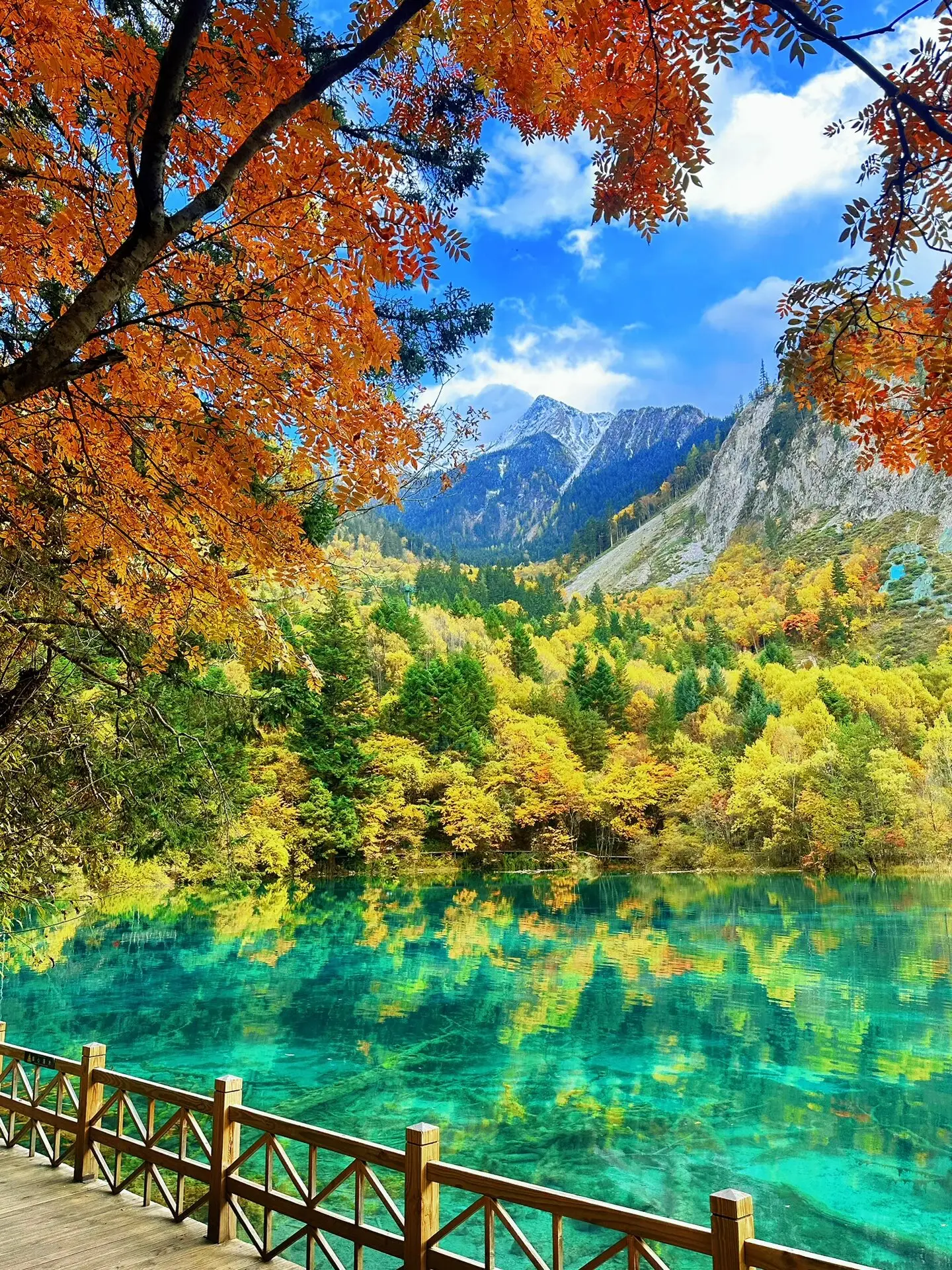
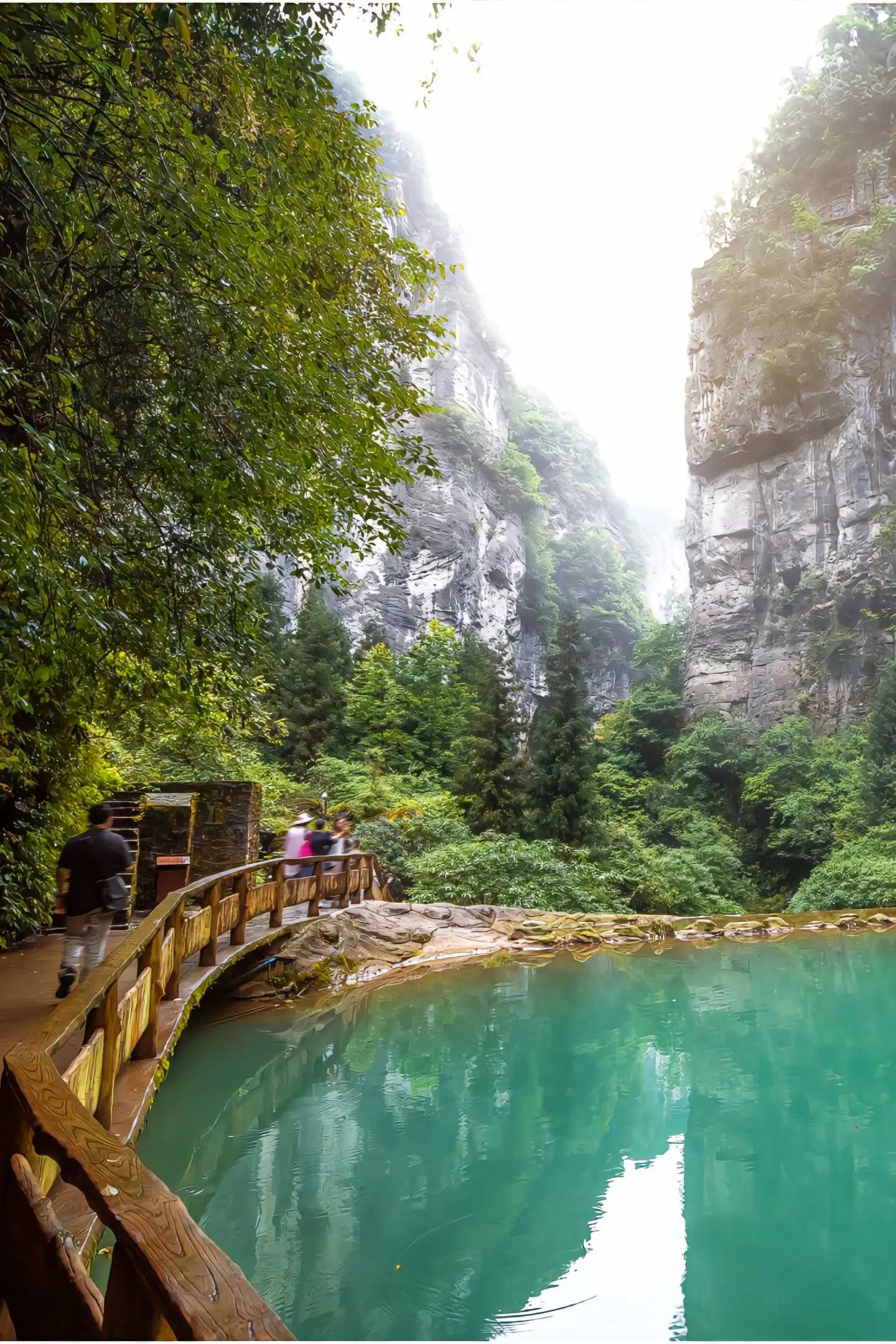
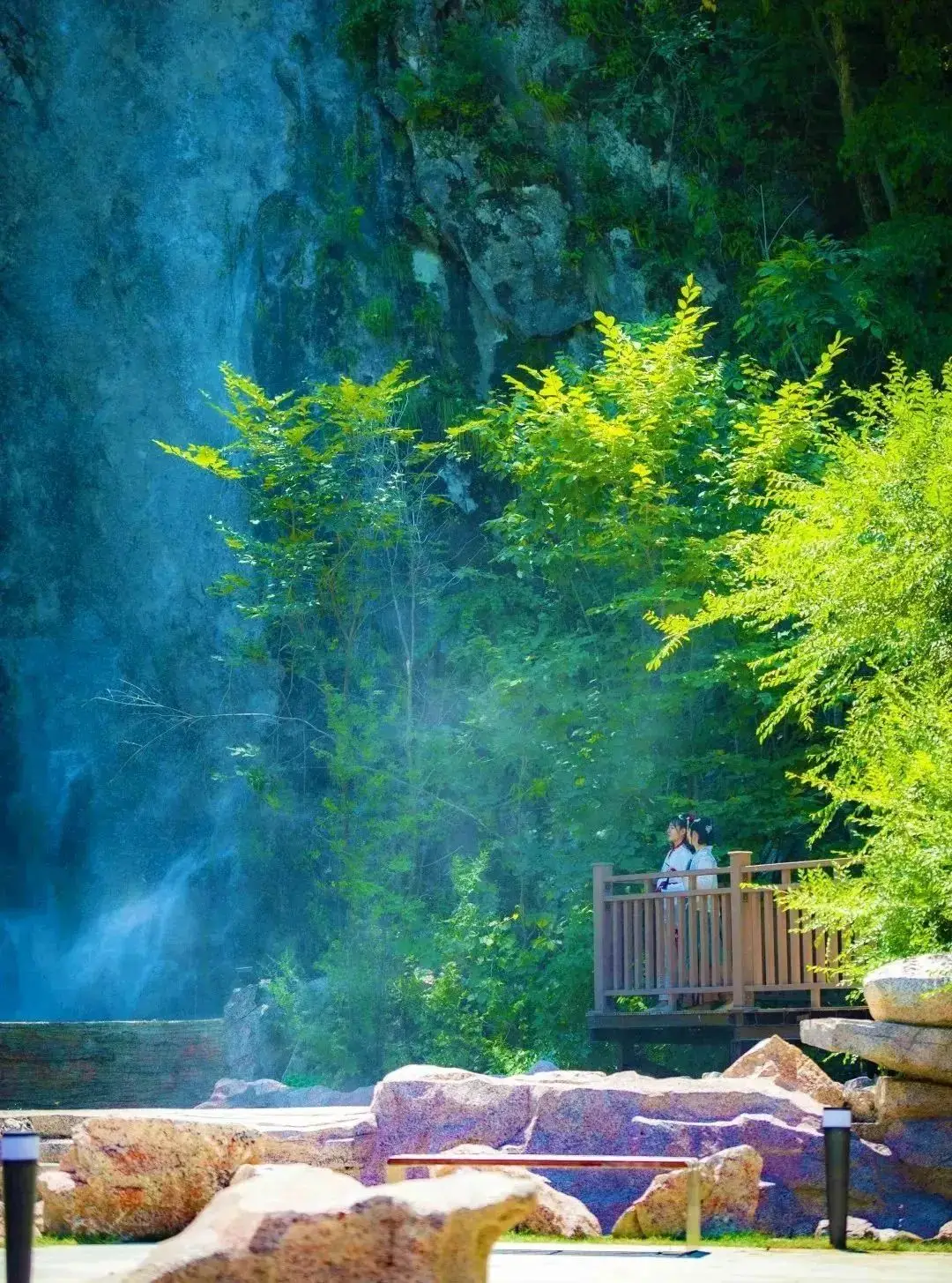
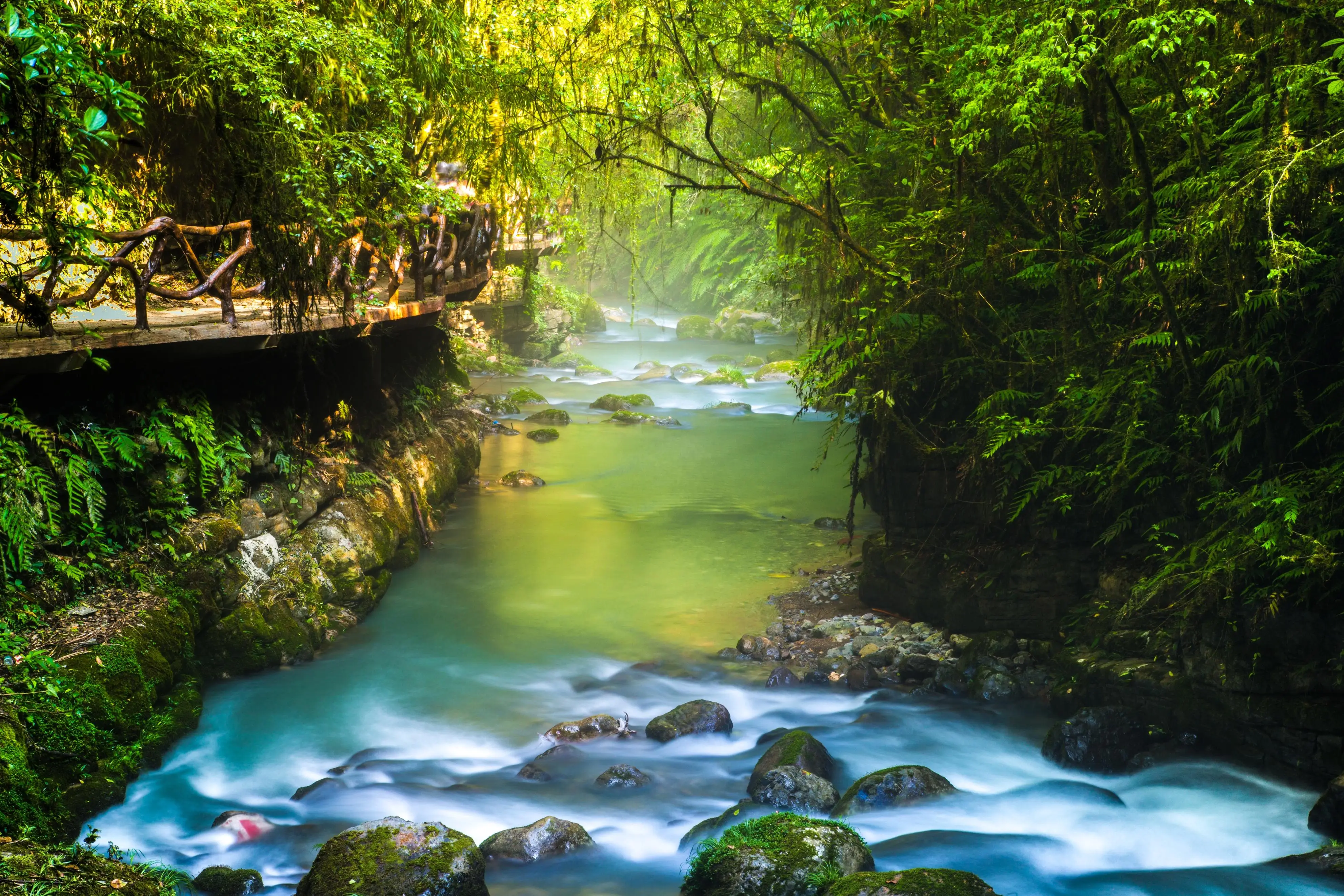

发表评论